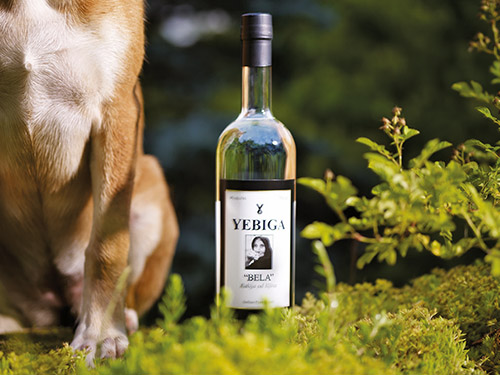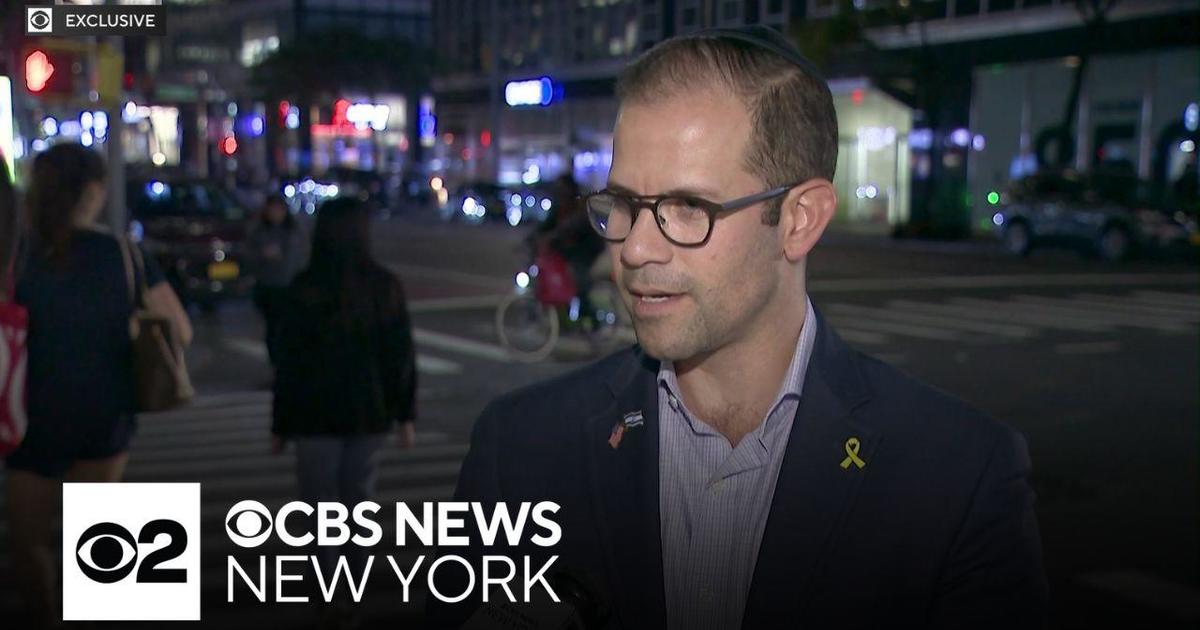
(Courtesy of Yebiga Rakija) If you’re unfamiliar with Rakija (also spelled Rakia), you’re not alone. This is the famed fruit brandy of the Balkan region, also known as slivovitz. Families pass down distilling knowledge of rakija, utilizing fruit from trees in their backyards.
This Serbian style is commonly crafted with ripe plums such as čačanska rodna. In Croatia, you might stumble upon a Williams Rakija or one made with Vranac grapes in Montenegro. All can be highly distinctive to reflect their particular localities. But what you will find in common is that Rakija is associated with raising a glass––from festive moments to funerals to holidays. It’s a unifier among these nations; a long-historic, point of pride in liquid form.
Rakija has been a part of Balkan life for eight centuries, but it’s only now become a part of American life. That’s thanks to Yebiga––the most traditional export of real Rakija to the United States to date. Yebiga Rakija is certified as kosher for Passover by Rabbi Izak Asiel, chief rabbi of Serbia. The distillery only processes a single ingredient, which for Yebiga is plums. Nothing else is added to the process except for water. The barrels used for aging are not used with any other fruits.
Balkan culture is all about celebration, whether it’s a wedding … or a Wednesday.
And Rakija is at the heart of all the toast-worthy moments.
Healthy local plums are harvested only by hand when at full ripeness (i.e, best volume of sugar and acid). The pits are separated, and the fruit is mashed and prepared for fermentation. Because Yebiga is Kosher, we only use wild yeast for the fermentation, and it is spontaneous.
Once the fermentation is complete, mash is distilled in 500-liter batches through copper stills. Yebiga is always double distilled. PRVA then goes into “second fill” local oak barrels for a minimum of 18 months. Pure mountain spring water is added upon removal from the barrels, and cold stabilization is applied before final bottling and labeling by hand.
Yebiga brought Rakija to American shores first with PRVA, an 18-month-minimum aged Rakija, made with čačanska rodna Serbian plums, designed for special moments. PRVA, with its intense floral, citrus and herbal notes, is a limited-edition distillate. It spends time in the barrel, gaining a deepened flavor and color, making it a drink designed for life’s milestone moments, from holidays to truly memorable conversations.
Yebiga’s arrival comes thanks to Bill Gould, bassist and founding member of the rock group Faith No More. His extensive travel throughout the Balkans over the past few decades has led to a deep and enduring appreciation for the culture, the people, and the spirit that was inseparable from both. When unable to find the “good stuff” back in the U.S., Bill decided to go to the source, partnering with one of Serbia’s most respected distilling families to obtain a Rakija that exemplifies the best of its class.
The brand’s second release––BELA––is now available, firmly placing Rakija in ready reach at all times, priced at $29.99 to PRVA’s $39.99. BELA is a smooth, lower alcohol sip, more similar in profile to a slivovitz from the more northern nations in Eastern Europe such as Hungary, Slovakia and the Czech Republic (also because it is kosher). Still, it has something deeper; something more. It’s a truly hand-crafted moment on the palate. Those finest notes are not influenced by wood, but celebrated and left beautifully vibrant and intense, thanks to stainless steel.
Both the limited-edition PRVA and the more accessible BELA herald a new moment in a very old practice of distilling. The pride of the Balkans is now achieving a global reach, spreading into American homes and American bars, and with it comes a moment to connect to old-world European drinking traditions. Yebiga brings a reason to sit down, reconnect around a glass; to hoist a toast and to drink deeply.
Yebiga Rakija can be found in stores throughout New York, New Jersey, Pennsylvania as well as other states and online.










